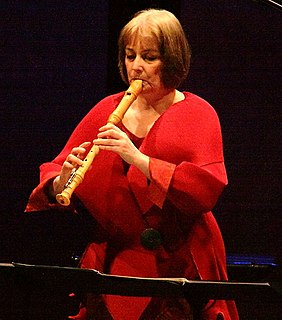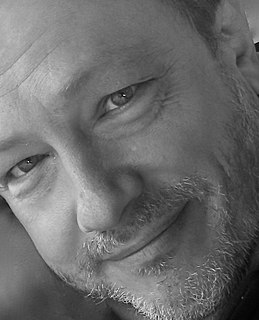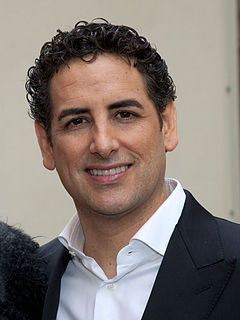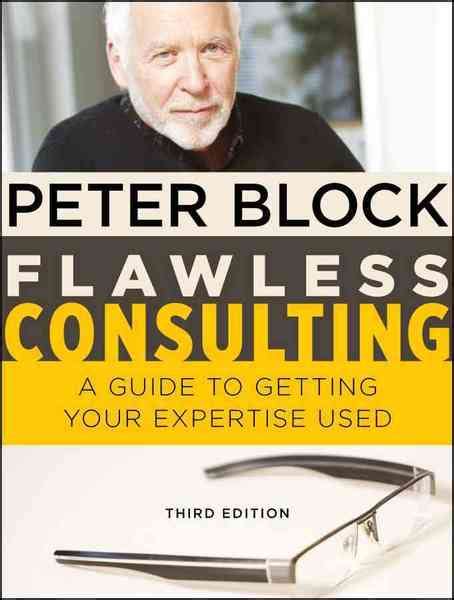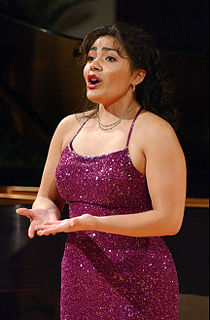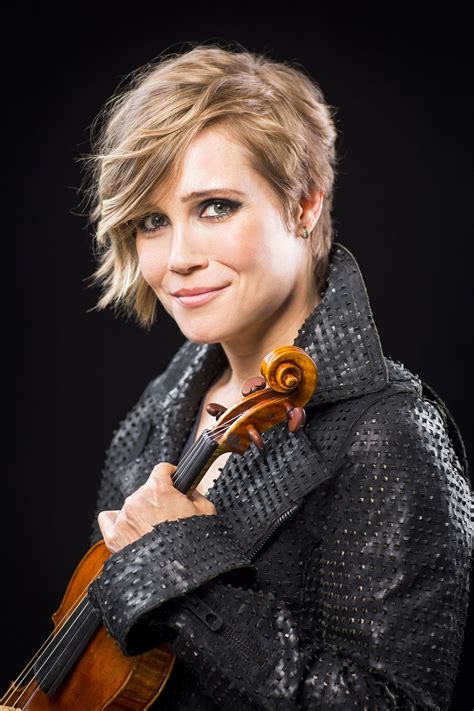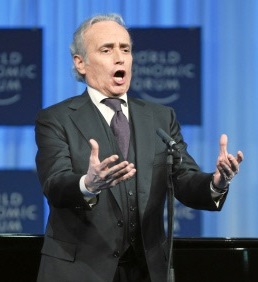A Quote by Hilary Hahn
The nice thing about the violin repertoire is that it's small enough that you can plan on learning everything at some point - whereas the piano repertoire is so enormous it wouldn't be possible unless you're a learning machine.
Related Quotes
Whenever I record something, I always believe that it's worthy of inclusion in the pantheon, and I would certainly like pianists to pay more attention to it. I think it's ridiculous now, because the range of repertoire - or what's considered 'safe' - is so narrow, even though there are pianists who are really trying to push the envelope. There is still a lack of attention, and there's no reason for it. The piano repertoire is so rich, with so many wonderful things that still are not given their due.
If you try to impose a rigid discipline while teaching a child or a chimp you are working against the boundless curiosity and need for relaxed play that make learning possible in the first place... learning cannot be controlled; it is out of control by design. Learning emerges spontaneously, it proceeds in an individualistic and unpredictable way, and it achieves its goal in its own good time. Once triggered, learning will not stop--unless it is hijacked by conditioning.
I consider the first 20 performances just learning the piece. Think about it this way: If you think about a pianist who plays a Schubert sonata through his whole lifetime - if you listen to Rubenstein or Horowitz playing their repertoire later in their life, you understand the richness with which they play that music, and how differently they must have played it when they were younger.
The more I think about myself, the more I'm persuaded that, as a person, I really don't exist. That is one of the reasons why I can't believe in any orthodox religion: I cannot believe in my own soul. No, I am a chemical compound, conditioned by environment and education. My "character" is simply a repertoire of acquired tricks, my conversation a repertoire of adaptations and echoes, my "feelings" are dictated by purely physical, external stimuli.

